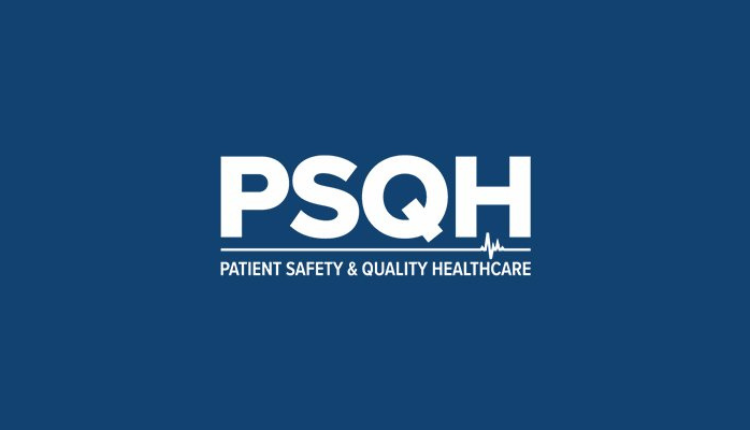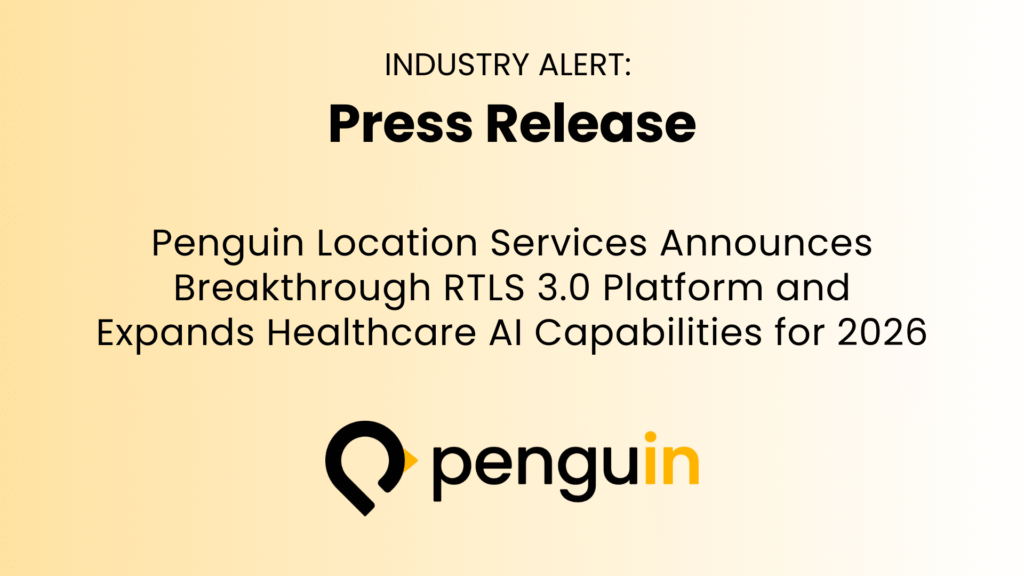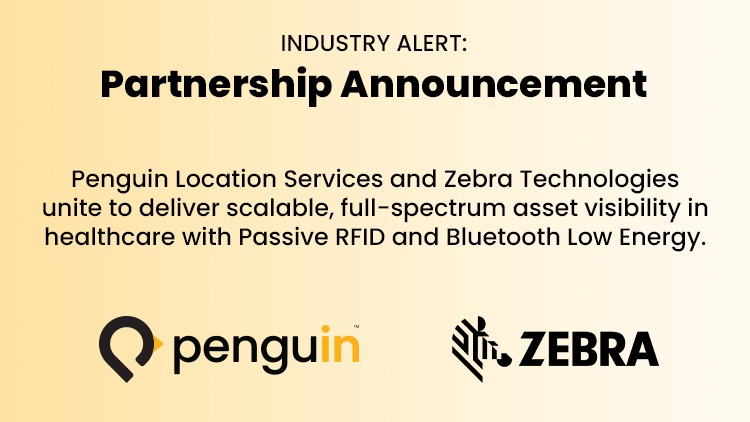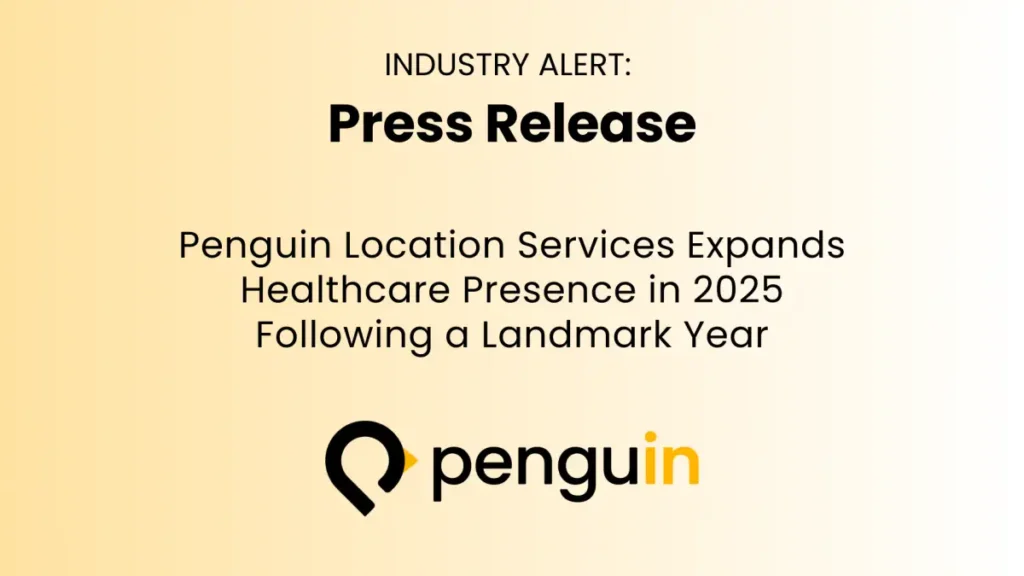
AI-Powered Healthcare RTLS: Transforming Patient Safety and Operations
By Mohammed Smadi, PhD – Healthcare Technology Expert
Introduction
Every day, healthcare leaders and hospital administrators face a significant challenge. Specifically, they must provide exceptional quality patient care while maintaining a positive financial balance sheet and operational sustainability. Moreover, AI-powered Healthcare RTLS technology emerges as a critical solution to address these mounting operational and financial challenges. Indeed, this critical healthcare management goal has been increasingly harder to achieve in recent years. This is true despite significant advances in medical technology innovation, patient safety protocols, and clinical care standards.
The Growing Healthcare Challenge
Healthcare tracking technology emerges as a critical solution to address these mounting operational and financial challenges facing modern medical facilities. In fact, this critical healthcare management goal has been increasingly harder to achieve in recent years. This is despite significant advances in medical technology innovation, patient safety protocols, and clinical care standards.
For example, The The New England Journal of Medicine reported concerning findings in 2018. Specifically, nearly a quarter of hospital admissions and patient stays resulted in at least one adverse medical event. Furthermore, 23% of those preventable healthcare incidents were deemed to be completely avoidable. Therefore, better care coordination and patient monitoring systems could have prevented these incidents.
Additionally, between 2023 and 2024, hospitals and healthcare facilities experienced a concerning double-digit increase in non-labor operational expenses and healthcare costs. This was according to Strata healthcare analytics. As a direct result, 40% of American hospitals and medical centers had been losing money from daily operations and patient care services during that challenging time period. This was found by KaufmanHal healthcare financial research.
The RTLS Solution
Fortunately, Real-time location services (RTLS) and healthcare tracking technology can effectively address these critical patient safety issues. Moreover, they can tackle many other operational challenges facing modern healthcare facilities. However, this innovative healthcare technology has historically been overlooked by hospital administrators. This was due to its implementation cost and previously limited location accuracy capabilities.
Nevertheless, recent groundbreaking developments in artificial intelligence (AI) algorithms and advanced Bluetooth Low Energy (BLE) wireless technology have transformed the landscape. Consequently, comprehensive RTLS solutions have become significantly more affordable, accessible, and accurate for healthcare organizations of all sizes.
-
Key Benefits of Modern AI-Powered RTLS Systems
Modern AI-powered RTLS systems and intelligent healthcare tracking technology now offer numerous benefits. Specifically, these include:
-
Enhanced Patient Safety Monitoring and Care Coordination
First and foremost, these systems improve patient safety monitoring. Additionally, they enhance care coordination across departments.
-
Reduced Healthcare Operational Costs and Resource Waste
Second, they help reduce healthcare operational costs. Furthermore, they minimize resource waste throughout the facility.
-
Improved Clinical Workflow Efficiency and Staff Productivity
Third, these systems improve clinical workflow efficiency. As a result, staff productivity increases significantly.
-
Real-Time Asset Tracking and Medical Equipment Management
Moreover, they provide real-time asset tracking. Therefore, medical equipment management becomes more efficient.
-
Better Patient Experience and Family Satisfaction Scores
In addition, these systems contribute to better patient experience. Consequently, family satisfaction scores improve.
-
Comprehensive Data Analytics for Healthcare Decision-Making
Finally, they offer comprehensive data analytics. Thus, this supports better healthcare decision-making.
Conclusion
In summary, AI-powered RTLS technology represents a transformative solution for modern healthcare facilities. Specifically, it addresses both patient safety concerns and financial challenges simultaneously. Moreover, with recent technological advances, these systems have become more accessible and affordable than ever before. Therefore, healthcare organizations can now implement comprehensive tracking solutions without prohibitive costs. Ultimately, investing in AI-powered RTLS technology is a strategic decision that benefits patients, staff, and the bottom line.
👉 Read the full comprehensive article on healthcare RTLS implementation and patient safety improvement.




